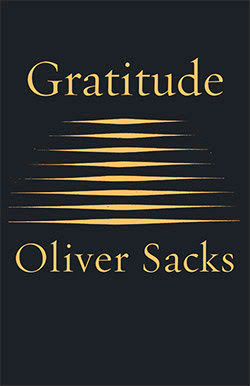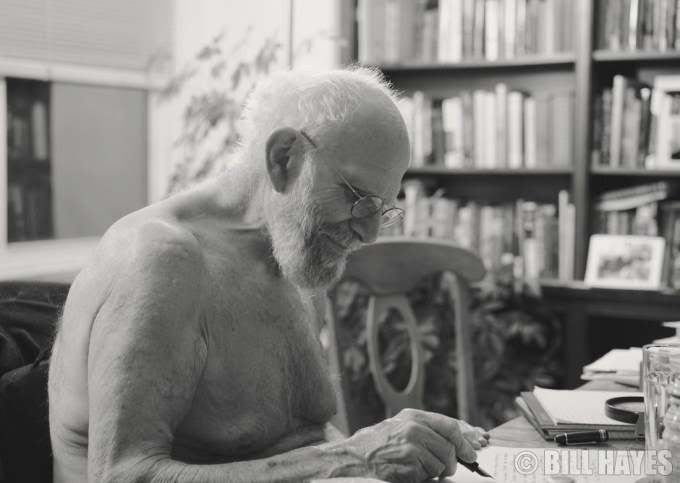WHAT is life? Life is a wave of electrons and atoms, a wave of protoplasm, a wave of power, and a wave of consciousness on the Ocean of Spirit. Life is intelligent, organized motion. It becomes a clod of earth or melts itself into vapor, or becomes a human being or a flower. Stones, living Beings, and dead creatures are all waves on the Ocean of Life. There is no death nor cessation of motion in anything. Everything is living.
Life After Death
IF LIFE is eternal motion, then why does death visit the human body? This is the great question. Death is not cessation nor annihilation, for even matter is indestructible. (At death, the life and intelligence waves, with the Soul, slip away from the body wave.) The burned candle changes form, but its weight and constituent ingredients can be found if the carbonic acid gas is held in a jar. Matter is Life. Life is matter. Life is intelligence. Matter is sleeping intelligence. Since matter is indestructible, all Life is indestructible.
However, that does not mean that Life is not changeable. In fact, Eternal Infinite Life manifests itself through myriads of finite forms of flowers and living creatures. The phenomena of death, or the illusion of change, is reflected in all finite substances, otherwise, the Infinite would be limited and measured by finite substances. The Infinite would lose its nature by becoming finite, definite, circumscribed, and molded.
That is why the beautiful rose and the glorious youth, after expressing certain qualities of the Infinite, disappear as silent waves into the Infinite Ocean of Life. The body is the froth of life on the intelligence and Soul waves. The froth is temporary compared to the individualized Soul wave.
Life is relative. Some waves of Life last longer than others, but they all have to express the Infinite variously and fully. They all emerge from and merge into the Infinite Ocean. The speck of star dust, the sun, moon, clouds, rainbow, the gossamer, the nightingale, and the whippoorwill all have to express the silent Infinite. Natural death comes when each object, each human being, has done its full share in expressing the Infinite. The untimely death of a youth, suggests that he is changing his diseased body vehicle and is existing elsewhere for better opportunities.
That life is not dependent on food or oxygen is proved by verified cases of men living for long periods of time in a state of suspended animation. Life can exist in a corpse in a different form. A chicken heart can live 16 years in a chemical syrup—longer than the life of a chicken. A crocodile lives 600 years. Life is vagrant, like a river appearing and disappearing in the desert of Life.
Death gives new robes to the Soul actors, in which to play new dramas on the stage of Life. Death, above all else, is a transition to a better land, a change of residence. The wise man who has opened his Spiritual Eye finds that the death of earthly life gives him a new beginning in another supernal life. On this earth, seeing, we see not. An X-Ray picture can show the bones of the fingers, which the eye cannot see. In the same way, we do not see the cords of light—blue, violet, aquamarine, orange, yellow, and white, which bind the atoms of the earth together. We hear the gross noise of the world and a few sweet melodies, and nothing more.
The wise man beholds in this Life, and after death with his Spiritual Eye, not a region of chaos and dark sleep, which is all that the Soul in ignorance experiences after death. Death is very attractive to the former, for instead of terror he finds infinite freedom. The Soul-bird-of-paradise finds it freedom from the limitations of the cage of manifestation. The Soul, appareled in searchlights of multi-hues, soars in infinite directions searching, claiming its lost territory of Eternity.
Terrible thought! If there were no death, fifteen hundred million people would monopolize the infinite. The planets and the universes would trade-mark God with the seal of finitude. The Infinite would be exhausted. Life and death would lose the taste of charming mystery. Everything would grow old and stale. The Infinite is ever-new, so by God’s Infinite Magic Wand of renewing death, He keeps everything ever expressing, ever remodeling itself into more suitable vehicles for Infinite expression.
Hence this paradox—the dance of death—shattering worlds, pulverizing skulls, crumbling roses, destroying fifteen hundred million people every hundred years, killing billions of fishes, trillions of bacteria, and powdering sextillion countless atoms. The life beautiful is evolving, training Souls in the factory of mighty death. Death is the Cosmic furnace in which the dross of all objects and living Souls is purified. Death comes to a dutiful Soul as its promotion to a higher state. It comes to an unsuccessful Soul to give it another chance in a different environment. The wise man experiences through death an infinitely better, safer haven.
Only those who have practiced the control of the heart-beat and learned to live without oxygen—by eating less carbonized food and preventing decay of tissues in the body through definite training in meditation—can consciously experience death at will as a rest from constant muscular activity, and specially Life’s involuntary activity of the heart, lungs, diaphragm, circulation, etc.
In heaven there are no crackers or soup, no breakfast, lunch, or dinner, no water, no oxygen, or sunshine. Mortals should learn to live more by inner energy, unattached to the body. Those who learn in this Life to live by Spirit, and are unattached to the body, quickly realize the freedom of the Soul from the bondage of oxygen, food, and water, after death. Death is a fear to the ignorant human animal, but it is a transition to a higher state to the wise—a promotion to higher grades of Life.
In the mellow light of the other world, the wise person perceives the inner nature of stars, stones, living Beings, dust, iron, gold, earth, and planets, dazzling with Infinite brilliancy. Every object which we perceive has two sides—the gross ugly outer side, present before the physical eyes, and the inner, exceedingly beautiful side, revealed to the eye of wisdom.
The crude brick seen by the physical eye appears to be like a garden of electrons when viewed through the Spiritual Eye. Human beings with skeleton bodies, ugly sinews, and red blood appear as beautiful, many-hued living Beings made of visible, mellow, materialized love. The rose of the human garden looks like a paper rose compared to the inner rosy luster of its whirling atoms.
Nothing fades in that world so quickly. Everything talks there silently. The roses talk to the Souls with the language of Spirit. The garden of roses lives by the breath of the Souls, and the Souls breathe the aroma of the roses. The gentlest earthly flower—the lily or violet—drunk with gross sunlight, is not allowed to tread the sanctity of that fair garden of the gods.
The mortal, enslaved by oxygen and sunlight, and gorged with material food, faints at the delicate airless atmosphere of that Divine supernal region. Darkness and gross lights equally lose their relative dualities in the darkless dark, in the lightless but all-revealing Soul-light of that sphere. Yogis practice control of Life and the breathless state to be able to live in airless regions of living light, unburdened by the body.
Souls in that region do not encase themselves in bundles of bones with fleshly covers. They carry no frail, heavy frames to collide and break with other crude solids. There is no war there between solids, oceans, lightning, disease, and man’s frail frame. There are no accidents there, for all things exist in mutual help and not in antagonism. All forms of vibration are in harmony. All forces live in peace and conscious helpfulness. The Souls, the rays on which they tread, the orange rays which they drink and eat—all are living. They live in mutual cognizance and cooperation, breathing not oxygen, but the joy of the Spirit. There they live as long as they want to live, playing like waves on the Infinite Ocean of Light, and there they melt into one another by celestial love, as the Ocean of Light.
No bacteria, no thirst, no selfish desires, no heartaches, no lust, no pain nor sorrow, no boisterous fleeting joy, no accidents, shattered bones or skulls, and no excruciating pain of parting, can ever exist there.
In that better region change is not decay, but change exists like a Cosmic magician, to entertain with variety through Infinite expression. There the law of change is governed by the will of Souls and is not forced upon them.
Let us not bury the Soul in the grave and call death annihilation, but let us see it as a door through which bravely-marching Souls of earthly Life can enter to find the all-alluring, all-charming region of our ever-luminous, ever-peaceful Common Cosmic Home. Mortal fears, heartaches, dreams, and illusions fade, and the darkness of death changes into another infinitely more beautiful universe. Why pity the dead? In wisdom, they pity us. They can see their super-region and us at the same time with their Spiritual Eyes, while we cannot see them with our gross spiritually-blind physical eyes.

















